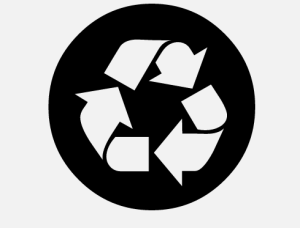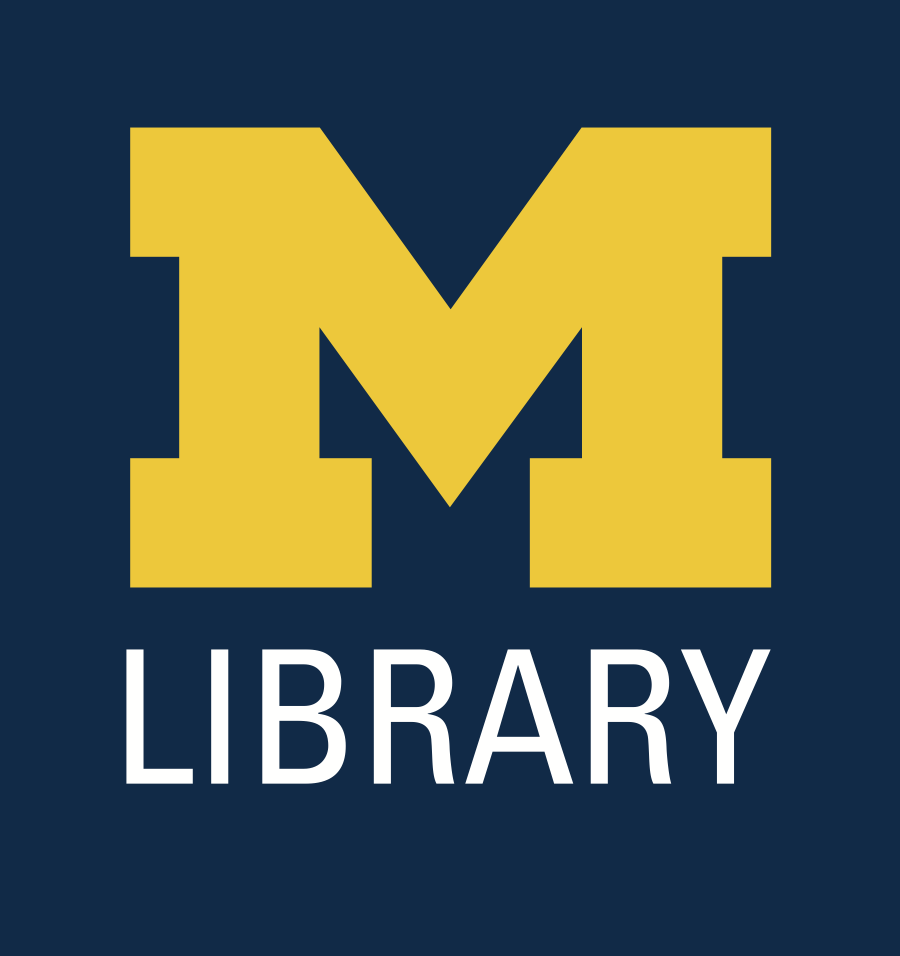Earlier this semester, I shared the story about how anatomical donors are able to virtually connect with the medical students who will be learning from their gift. Many organ donors will not have the opportunity to connect with those who will get a new chance at life because of their donation. However, in some instances, donors do not have to give their life in order to save another’s. A prime example of this type of donation is kidney donors. The UCLA Kidney Exchange program connects those in need of kidney donations to non-related donors.
A kidney exchange is an innovative twist on efforts aimed at increasing the donor pool by giving people who are unable to receive a kidney from a loved one or friend the opportunity to still receive a kidney through an exchange between incompatible donor-recipient pairs.
One in ten American adults have some level of chronic kidney disease and last week in Los Angeles, some 60 of kidney recipients met their donors from the UCLA kidney exchange program to thank them for their life saving gift. Meetings like these between donors and recipients are rare in medicine. One to two million people a year die due to lack of access to pacemakers and the University of Michigan’s Cardiovascular Center are working to reduce this number by recycling pacemakers. The Center is currently working on a research study to examine the battery life of pacemaker devices removed by Michigan Funeral Directors with an ultimate goal of “acquiring FDA approval in order to begin a clinical trial to determine if pacemaker reutilization is a safe and effective means of delivering healthcare to those with great need in underserved countries”.* The lead researchers are also designing a larger study which will involve patients in Ghana, Pakistan, the Philippines and Nicaragua. Read more about this interesting medical recycling program at the UMHS Blog.

*This program has been approved by the Michigan Funeral Directors Association and the University of Michigan Medical School Institutional Review Board. No devices will be shipped overseas, nor implanted into living persons until FDA has approved our planned clinical trial.
